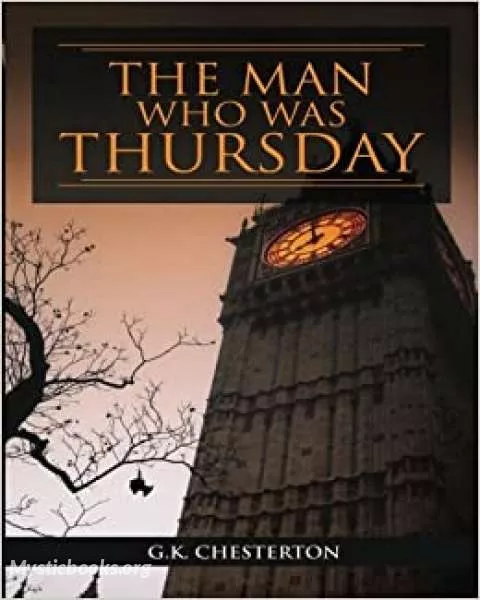
The Man Who was Thursday
'The Man Who was Thursday' Summary
In Victorian-era London, Gabriel Syme is recruited at Scotland Yard to a secret anti-anarchist police corps. Lucian Gregory, an anarchistic poet, lives in the suburb of Saffron Park. Syme meets him at a party and they debate the meaning of poetry. Gregory argues that revolt is the basis of poetry. Syme demurs, insisting the essence of poetry is not revolution but law. He antagonises Gregory by asserting that the most poetical of human creations is the timetable for the London Underground. He suggests Gregory isn't really serious about anarchism, which so irritates Gregory that he takes Syme to an underground anarchist meeting place, under oath not to disclose its existence to anyone, revealing his public endorsement of anarchy is a ruse to make him seem harmless, when in fact he is an influential member of the local chapter of the European anarchist council.
The central council consists of seven men, each using the name of a day of the week as a cover; the position of Thursday is about to be elected by Gregory's local chapter. Gregory expects to win the election but just before, Syme reveals to Gregory after an oath of secrecy that he is a secret policeman. In order to make Syme think that the anarchists are harmless after all, Gregory speaks very unconvincingly to the local chapter, so that they feel that he is not zealous enough for the job. Syme makes a rousing anarchist speech in which he denounces everything that Gregory has said and wins the vote. He is sent immediately as the chapter's delegate to the central council.
In his efforts to thwart the council, Syme eventually discovers that five of the other six members are also undercover detectives; each was employed just as mysteriously and assigned to defeat the Council. They soon find out they were fighting each other and not real anarchists; such was the mastermind plan of their president, Sunday. In a surreal conclusion, Sunday is unmasked as only seeming to be terrible; in fact, he is a force of good like the detectives. Sunday is unable to give an answer to the question of why he caused so much trouble and pain for the detectives. Gregory, the only real anarchist, seems to challenge the good council. His accusation is that they, as rulers, have never suffered like Gregory and their other subjects and so their power is illegitimate. Syme refutes the accusation immediately, because of the terrors inflicted by Sunday on the rest of the council.
The dream ends when Sunday is asked if he has ever suffered. His last words, "can ye drink of the cup that I drink of?", is the question Jesus asks St. James and St. John in the Gospel of Mark, chapter 10, vs 38–39, a rhetorical question intended to demonstrate that the disciples are wrong to covet his glory because they are unable to bear the suffering for the sins of the world for which he is destined.
Book Details
Authors
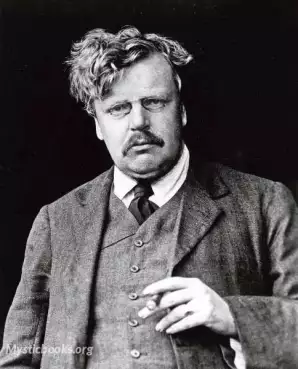
Gilbert K. Chesterton
England
Chesterton wrote around 80 books, several hundred poems, some 200 short stories, 4,000 essays (mostly newspaper columns), and several plays. He was a literary and social critic, historian, playwright,...
Books by Gilbert K. ChestertonDownload eBooks
Listen/Download Audiobook
Related books
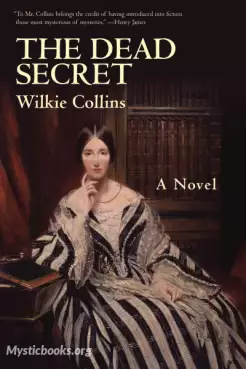
The Dead Secret by Wilkie Collins
"Everything in life has a price. May be, telling a Secret has the highest. However, not telling may be worse. What will Sarah choose? will she tell th...
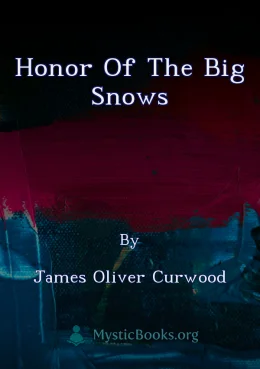
Honor of the Big Snows by James Oliver Curwood
Set in the stark beauty of the Canadian wilderness, "Honor of the Big Snows" tells the story of Jan Thoreau, a young musician whose arrival in a remot...

Billy Whiskers at the Circus by Frances Trego Montgomery
What better place for a little goat to find adventures and mischief than a circus? What is an elephant's trunk anyway? But the circus can also be a pl...
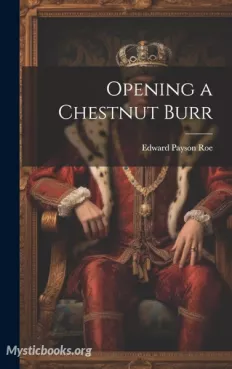
Opening a Chestnut Burr by Edward P. Roe
"In 'Opening a Chestnut Burr' by Edward P. Roe, secrets buried deep within the heart of a small New England town are about to be unearthed. Nestled am...

Northwest! by Harold Bindloss
Set in the untamed wilderness of western Canada, this gripping adventure follows Jimmy, a young man haunted by a dark secret. After a hunting accident...

Marquis of Lossie by George MacDonald
The Marquis of Lossie follows Malcolm MacPhail, a young man who learns of his true parentage and a crucial secret about the birth of the deceased Marq...
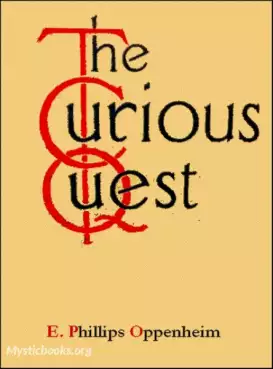
The Curious Quest by E. Phillips Oppenheim
A rich young man, Earnest Bliss, has a number of physical complaints that bring him to Dr. James, a physician who bluntly and brusquely dismisses his...
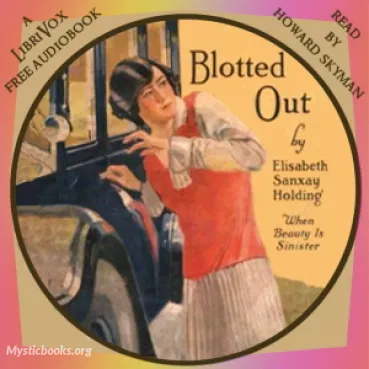
Blotted Out by Elisabeth Sanxay Holding
It tells the story of a woman named Laura who suddenly disappears, leaving her husband and family in a state of shock and confusion. As the search for...
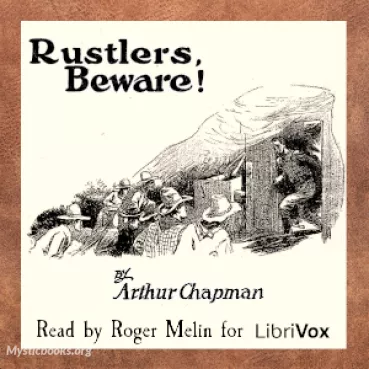
Rustlers, Beware! by Arthur Chapman
This is an exciting Western novel that transports readers to the rugged and lawless landscapes of the American frontier. Written by the renowned autho...

The Black Star: A School Story for Boys by Andrew H. Walpole
It tells the story of a group of schoolboys who become embroiled in a mystery surrounding a stolen black star, a valuable heirloom that has been passe...
Reviews for The Man Who was Thursday
No reviews posted or approved, yet...